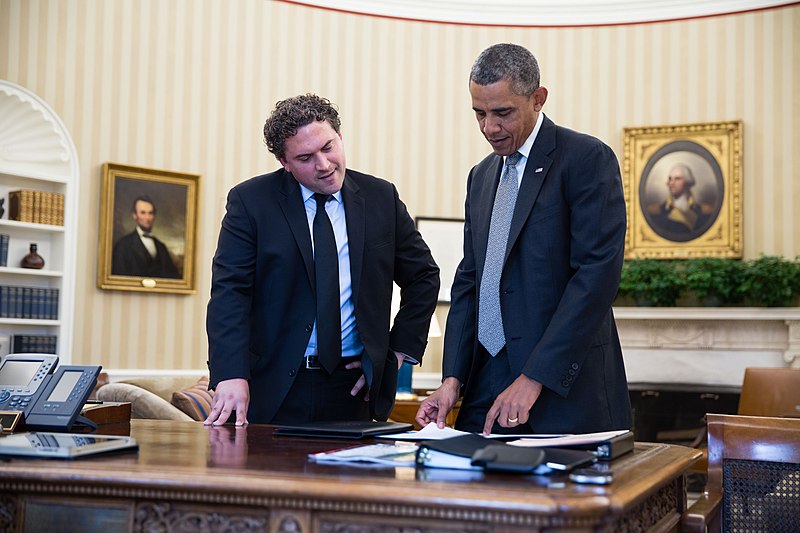A Rare Memoir from a Corporate Speechwriter
October 31, 2022
Swirling structure mixes colorful recollections of Irish heritage and New York with thoughtful observations about the speechwriting life.
Review of Cross Bronx: A Writing Lifeby Peter Quinn (Fordham Press; 2022; 256 pages)
Peter Quinn’s facility with language has helped him build an enviable reputation as a novelist and historian of New York City and the Irish-American experience. That’s in addition to the roughly 30 years Quinn worked as a speechwriter, initially with Governors Hugh Carey (D-NY) and Mario Cuomo (D-NY)—and later for a revolving door of top leaders (and the occasional wannabes) at Time, Inc and its subsequent incarnation as Time-Warner. To his long list of literary accolades, Quinn has added another well-deserved title—that of memoirist, following the publication this year of his Cross Bronx: A Writing Life.
“A good memoir,” observes the American writer William Zinsser, should be in part “a work of history, catching a distinctive moment in the life of both a person and a society.” Applying Zinsser’s test, Quinn’s memoir is no mere dry recollection of dates and events in unrelenting chronological order, marching the reader through his early years, his schooling and entry into the world of work—to his discovery of speechwriting as a graduate student and his emergence as a published novelist, up to his retirement from Time Warner and launch as a consultant.
Neatly swirled together in a way that would surely delight Zinsser, there’s much of interest here regarding Quinn’s family, his Irish heritage and the evolution of New York City during his lifetime. He has also includes extensive recollections about his breakthrough into historical novels. Cross Bronx as well incorporates a stream of Quinn’s sharp-eyed observations about his writing life and the personalities and incidents that he encounters along the way—many of them about his speechwriting career.
Like when Governor Cuomo’s office removes Quinn’s name (and his fellow scribe Bill Hanlon’s) from a staff directory, and their job title becomes “communications specialist” rather than “speechwriter.”
Quinn’s reaction: “It made it sound like we were telephone repairmen.”
Or Quinn’s reflections on his initial efforts for Governor Carey:
A well-crafted speech was no guarantee of success. Sometimes, a speaker’s zombie-like delivery could suck the life out of the text; other times, the speech itself was the problem. There were audiences that wouldn’t be moved by the Sermon on the Mount. I decided that my job was to produce a horse worth riding. The rest was up to the jockey.
Later, in his Time Warner period, Quinn recalls being asked by an executive to help with a speech to a TV industry audience on the future of that medium. Observes Quinn:
I found that the trouble with these crystal-ball gazing confabs was that they ended up sounding like those near-death experiences in which the newly departed passed through a tunnel of white light into bright-shining bliss.
I wondered why there were no accounts of travelling down a pitch-dark tunnel that ended in a vat of boiling oil.
As biting as his observations can be, he doesn’t spare himself, including when it comes to his skill as a speechwriter:
Over the years, I was told on more than one occasion that I had a “knack.” When it comes to speeches, I’m not sure what exactly constitutes a knack, but if it implies the ability to do effortlessly what others find difficult, I’m knackless.
For me, the day-to-day challenge was the search for a central idea or story to thread through a speech and sew together what would otherwise be a hodgepodge.
While political speechwriters have long been comfortable publishing their memoirs, the men and women who have served tours of duty in the corporate speechwriting trenches haven’t been nearly as active in doing so. There are practical reasons for this, of course, including the non-disclosure agreements that corporate employees must sign. Quinn survived and thrived as a political and corporate scribe, and by putting his experiences between two covers, he’s adds a significant contribution to the thin genre of memoirs by corporate speechwriters.
If you write speeches professionally—or are thinking of getting into speechwriting—then you’ll want Cross Bronx on your bookshelf.
***
Note: In 2014, Peter Quinn shared some thoughts about his long speechwriting career with Vital Speeches. You can find the resulting article via this link – The Speechwriting Life: “Writing Is Work” | Pro Rhetoric



